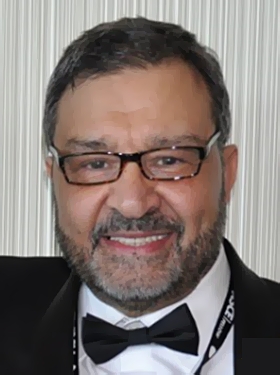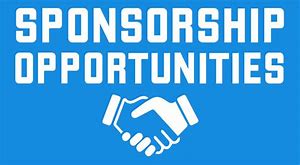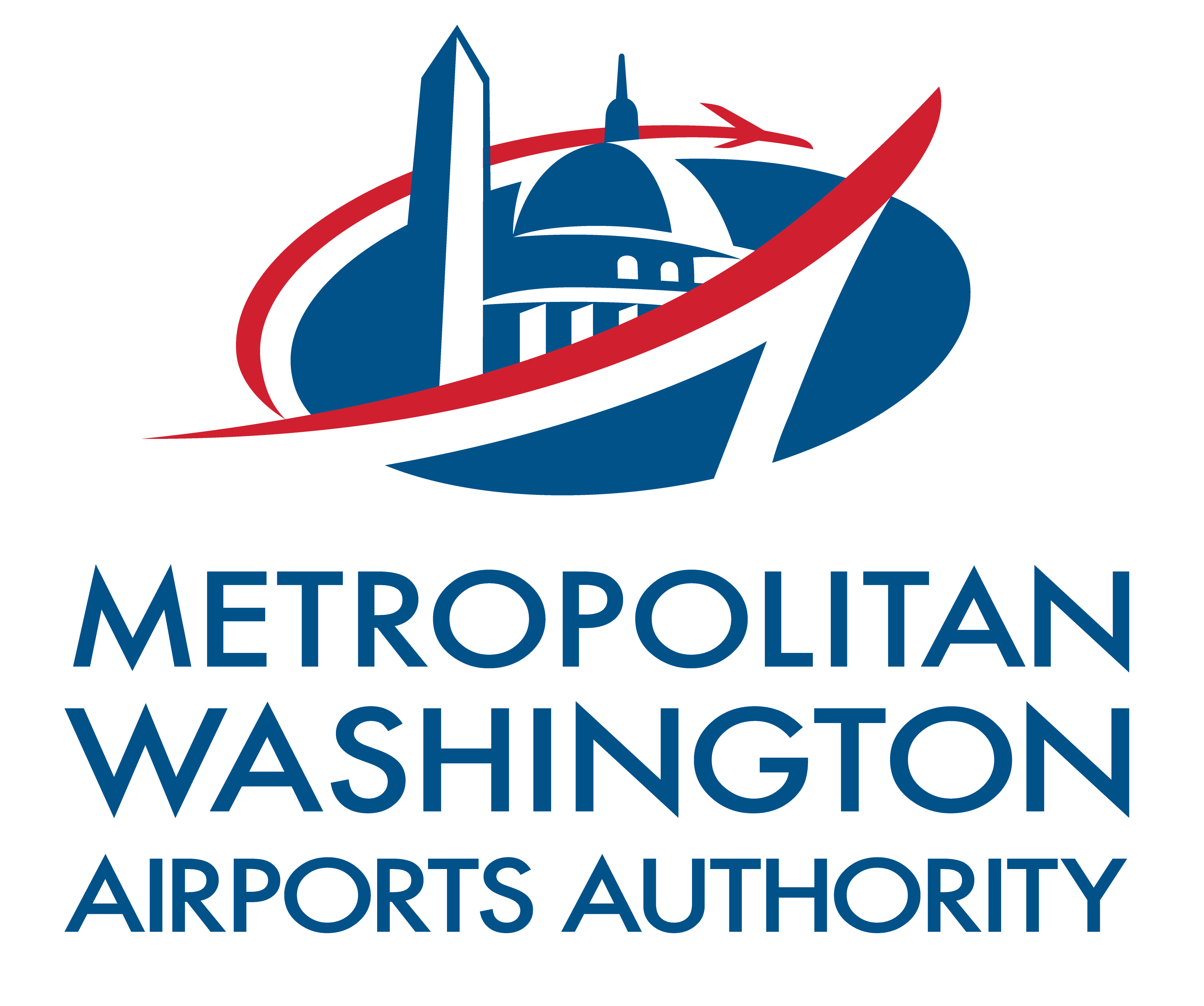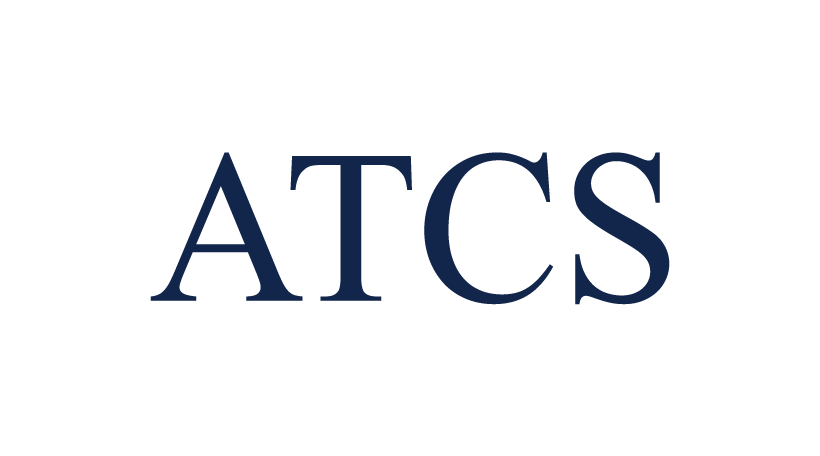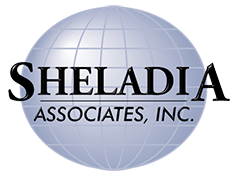Let's Talk about Engineering Ethics: NCEES Rules of Professional Conduct - Part I
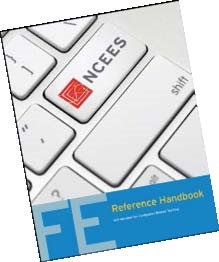
Starting with this issue, we will talk about “Engineering Ethics.” Most of you know that ethics is a recent introduction to the FE exams and some may ask why NCEES has decided to include ethics in the exams. The answer is simple: there have been a number of so called “engineering disasters” like Tacoma Narrows Bridge failure (1940), Hyatt Regency Hotel Walkway collapse (1981), Chernobyl disaster (1986) and Space Shuttle Columbia disaster (2003) to name a few and these unfortunate events have increased the public awareness about the importance of engineering in the society.
The ethical principles governing the engineering profession are embodied in codes of ethics and have been adopted by state boards of registration and professional engineering societies such as ASCE, ASME, IEEE, and NSPE. The Rules of Professional Conduct is also included in NCEES Reference Handbook. According to NCEES, the expertise possessed by engineers is vitally important to societal welfare. In order to serve society effectively, engineers must maintain a high level of technical competence. However, a high level of technical expertise without adherence to ethical guidelines is as much a threat to public welfare as is professional incompetence.
As engineers, we are expected to exhibit the highest standards of honesty and integrity. Engineering has a direct and vital impact on the quality of life for all people. Accordingly, the services provided by engineers require honesty, impartiality, fairness, and equity, and must be dedicated to the protection of the public health, safety, and welfare. Engineers must perform under a standard of professional behavior that requires adherence to the highest principles of ethical conduct.
An example of one such code is the NCEES Rules of Professional Conduct, Section 240 of the Model Rules. In practice, an engineer is responsible for knowing and abiding by these Model Rules as part of her/his responsibility to the public. The Model Rules consist of the following three major sections:
I. Licensee’s Obligation to the Public,
II. Licensee’s Obligation to Employers and Clients, and
III. Licensee’s Obligation to Other Licensees.
According to the NCEES, the three principles listed above are important guidelines for professional engineers. In many situations, the application of these codes of ethics is straightforward. However, there may be situations in which applying the code may raise issues that are more difficult. Due to the space limitations, today we will discuss the first item only and we will continue in next two issues:
I. Licensee’s Obligation to the Public
1. Licensees shall be cognizant that their first and foremost responsibility is to safeguard the health, safety, and welfare of the public when performing services for clients and employers.
2. Licensees shall sign and seal only those plans, surveys, and other documents that conform to accepted engineering and surveying standards and that safeguard the health, safety, and welfare of the public.
3. Licensees shall notify their employer or client and such other authority as may be appropriate when their professional judgment is overruled under circumstances in which the health, safety, or welfare of the public is endangered.
4. Licensees shall, to the best of their knowledge, include all relevant and pertinent information in an objective and truthful manner within all professional documents, statements, and testimony.
5. Licensees shall express a professional opinion publicly only when it is founded upon an adequate knowledge of the facts and a competent evaluation of the subject matter.
6. Licensees shall issue no statements, criticisms, or arguments on engineering and surveying matters that are inspired or paid for by interested parties, unless they explicitly identify the interested parties on whose behalf they are speaking and reveal any interest they have in the matters.
7. Licensees shall not partner, practice, or offer to practice with any person or firm that they know is engaged in fraudulent or dishonest business or professional practices.
8. Licensees who have knowledge or reason to believe that any person or firm has violated any rules or laws applying to the practice of engineering or surveying shall report it to the board, may report it to appropriate legal authorities, and shall cooperate with the board and those authorities as may be requested.
9. Licensees shall not knowingly provide false or incomplete information regarding an applicant in obtaining licensure.
10. Licensees shall comply with the licensing laws and rules governing their professional practice in each of the jurisdictions in which they practice.
As always, we conclude our remarks with important reminder: in both the FE and PE exams, timing and knowledge of the topics listed in the NCEES – Reference Handbook is everything. To conquer these exams, speed is crucial, speed can only be attained through practice, and more practice (visit this month’s problem set). Please remember to send us your feedback about this column and our pro-bono Saturday classes.
Until next time,
Ahmet Zeytinci, PE
This email address is being protected from spambots. You need JavaScript enabled to view it.
